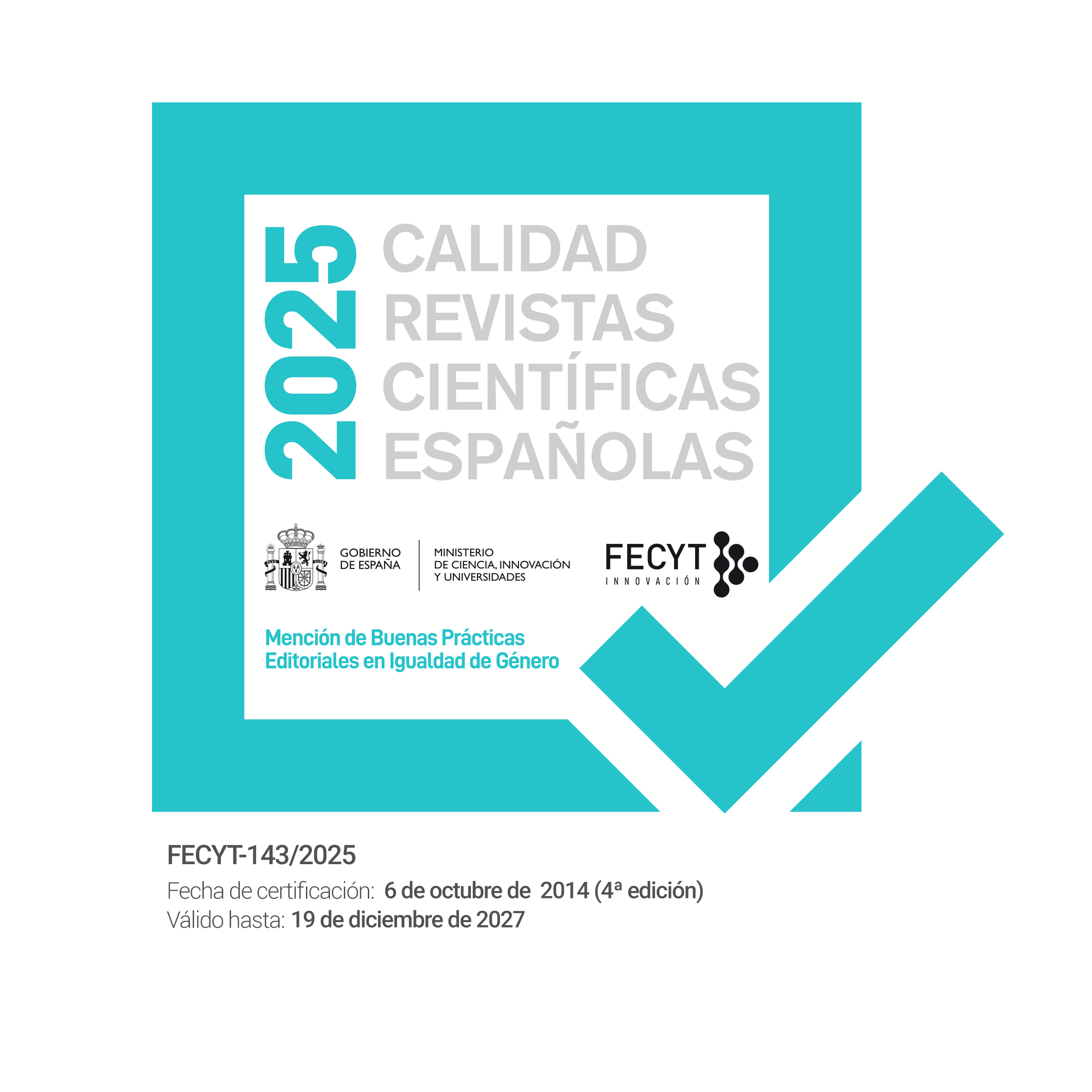WHEN BILINGUALISM GOES BEYOND ONE’S EXPECTATIONS: THE LEARNING OF COGNATES AMONGST ADULT EFL STUDENTS
Keywords:
FL, adult learners, vocabulary knowledge, cognate awarenessAbstract
Learning a foreign language (FL) is often perceived as a difficult objective to accomplish by adult learners. This is the case of Spanish adult learners who resume their Secondary Education studies and are required to study English as a mandatory subject, even if they have had little or no contact with the FL before. Therefore, neither educational authorities nor teachers support the implementation of a bilingual program since they consider these students’ success in it would be limited. Research suggests that vocabulary plays a crucial role in learners’ FL overall competence and that adult beginners benefit from explicit training in vocabulary acquisition strategies. The present study examines the role of Spanish-English cognates and a technology-based approach in the improvement of learners’ lexical knowledge. An experimental and a control group from the same adult education centre were recruited for the study. While the control group continued with regular instruction, the experimental group received teaching in cognate awareness as a learning strategy. Along with this training, participants completed a Massive Online Open Course (MOOC) focused on the self-study of 1,000 highly frequent English words, among which cognates played a salient role. Both groups completed a vocabulary test before and after the intervention period, with the experimental group significantly outperforming the control group. Therefore, as predicted by previous studies, explicit training in cognates fosters the acquisition of FL lexical competence by assisting the learning of less-proficient students, such as those enrolled in Adult Education.Downloads
Downloads
Published
How to Cite
Issue
Section
License
El Grupo de Investigación “La lengua inglesa en el ámbito universitario” HUM-397 conserva los derechos de copyright de los artículos publicados y permite la reutilización de los mismos bajo licencia Creative Commons: Creative Commons Atribución-NoComercial-SinDerivar 4.0 Internacional: se pueden copiar, usar, difundir, transmitir y exponer públicamente los artículos mencionados, siempre que (a) se cite la autoría y la fuente original de su publicación, (b) no se usen para fines comerciales, (c) no se creen obras derivadas mediante su transformación, (d) se mencione la existencia y especificaciones de esta licencia de uso.








